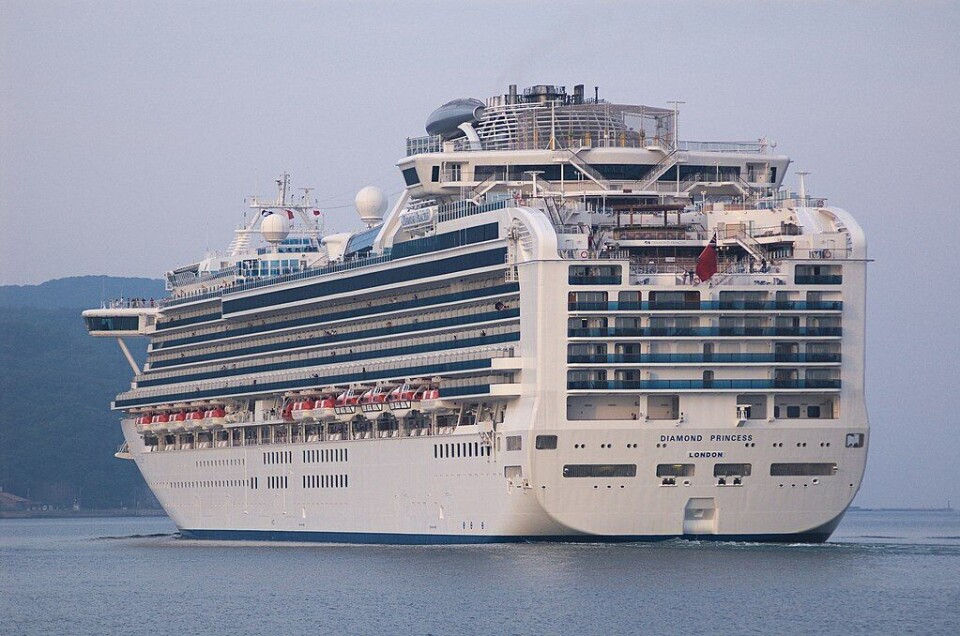-
Know your cheeses and their seasons: which to eat in France in February
Cow’s milk cheeses dominate as winter comes to an end
-
Films and series to watch in February to improve your French
Every month we outline good film and TV series to improve your language
-
Duck Cold! Four French phrases to use when it is freezing outside
France's current cold spell is set to continue for the next few days - we remind you of French expressions to use to describe the drop in temperature
Improve your French: The mixed meaning of 'quarantine'
A word we now know all too well thanks to the coronavirus pandemic has a couple of different translations in French

Since the outbreak of Covid-19, many people around the world have been forced into quarantine while medical checks are carried out to verify their health status and prevent the spread of the virus.
Where does the word quarantine come from?
With many of those having been quarantined on cruise ships in the early stages of the pandemic, there is a little irony in the fact that the origins of the word ‘quarantine’ came from the 14th century when ships suspected of carrying the Black Death were kept in isolation.
The Italians were the first to impose the isolation period of quarantina giorni, or forty days, at the port of Venice.
Today, the number of days’ isolation is not restricted to forty, of course – discretion is used by affected nations. Cruise liners also do not have to fly the twin flags of doom – yellow and black, signifying disease and death – known as the Lima code flag.
What is the word for quarantine in French?
In French, the word for quarantine is very similar, unsurprising given its Latin origins: la quarantaine.
However, the word in French has another meaning – one which, confusingly, contradicts the original’s very specific reference to ‘forty’.
As with ‘une demi-dizaine’ (half a dozen), ‘une dizaine’ (a dozen, or ‘ten or so’), ‘une vingtaine’, (about twenty), ‘une trentaine’, (about thirty), and so on for multiples of ten, une quarantaine means ‘around forty’ – a rough estimation.
So you might, in a strange quirk of the times, read a newspaper article or hear an item on the radio referring to “about forty people in quarantine”: “une quarantaine de personnes en quarantaine”.
Do I have to quarantine on arrival in France?
Currently, entry to France from the UK and Europe does not require a period of quarantine. From 12 March, arrivals no longer need to justify an essential reason to enter France but they will need to present a negative COVID-19 test result (PCR only), carried out less than 72 hours before departure and submit a sworn statement. Arrivals will also be required to self-isolate for 7 days upon arrival, before taking another PCR test.
For more information, read our most recent update on the rules for UK-France travel.
Those coming from non-European countries are subject to different rules depending on the port of departure. Please check your local government advice for details.
More on Covid-19 and France
Covid France: Drive-in vaccinations, variants… Latest update April 13
Self-testing Covid kits on sale in France: What you need to know
Updated France Covid vaccine schedule: When will I get my first dose?
























